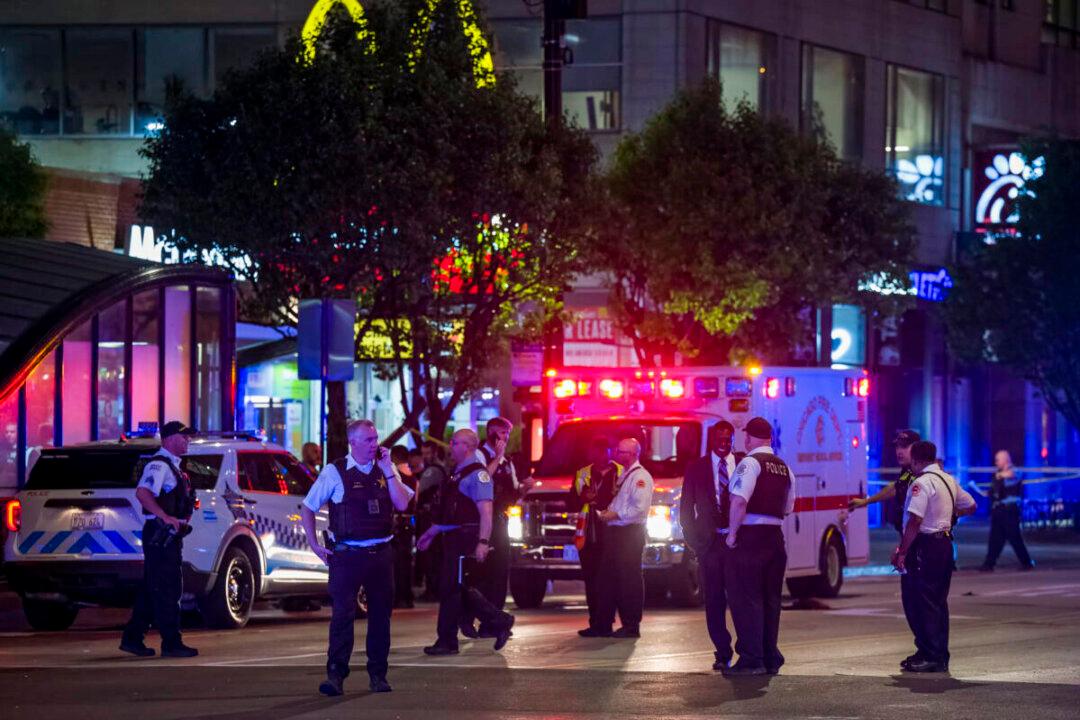The Illinois Supreme Court placed on hold a portion of a controversial law known as the SAFE-T Act that would eliminate cash bail for some crimes.
In a ruling on Dec. 31—just hours before the law was supposed to be enacted—the Supreme Court placed the cashless bail provision under the SAFE-T Act on hold for the entire state. A ruling from a lower court last week placed that part of the law on hold for dozens of counties, but not all of them.





